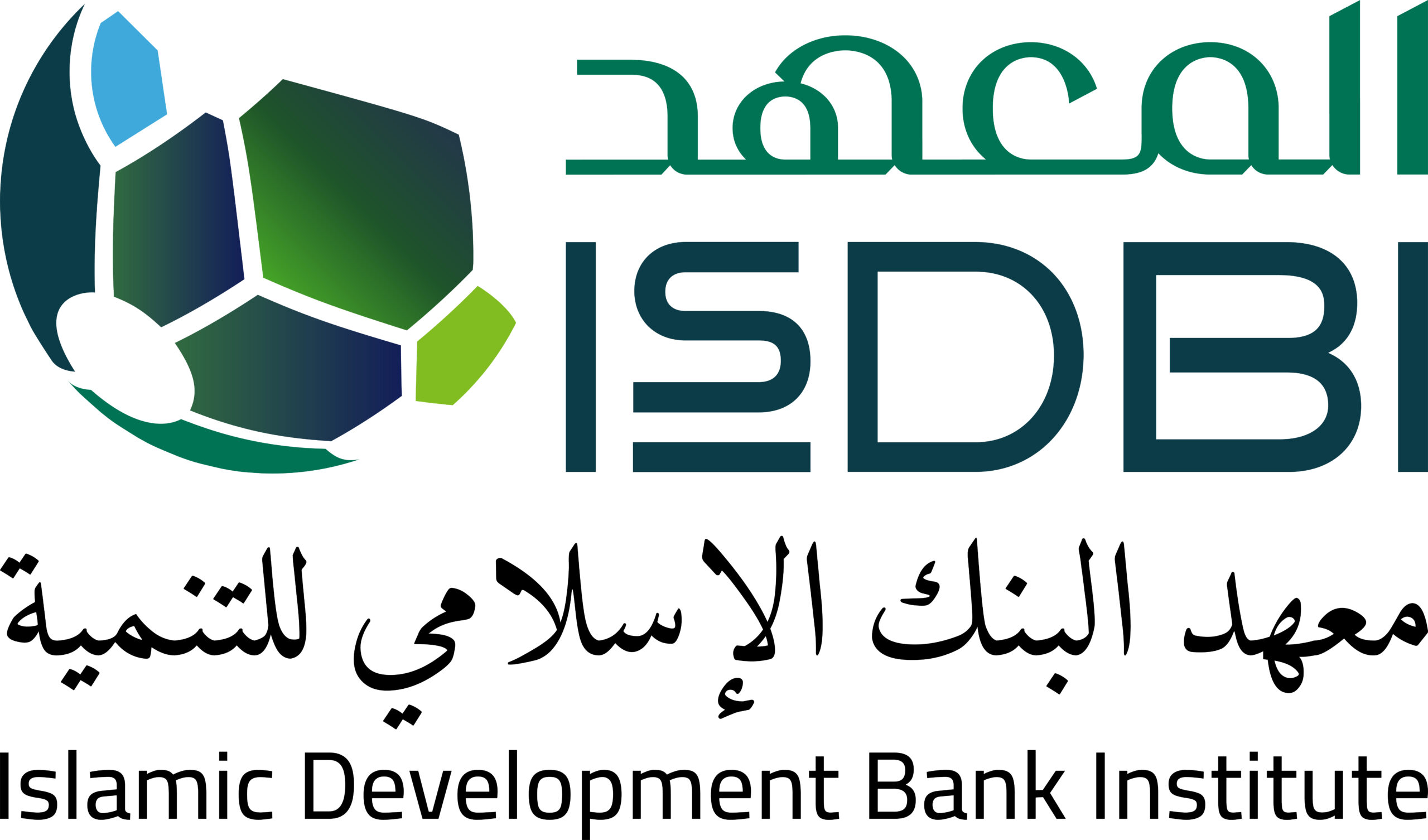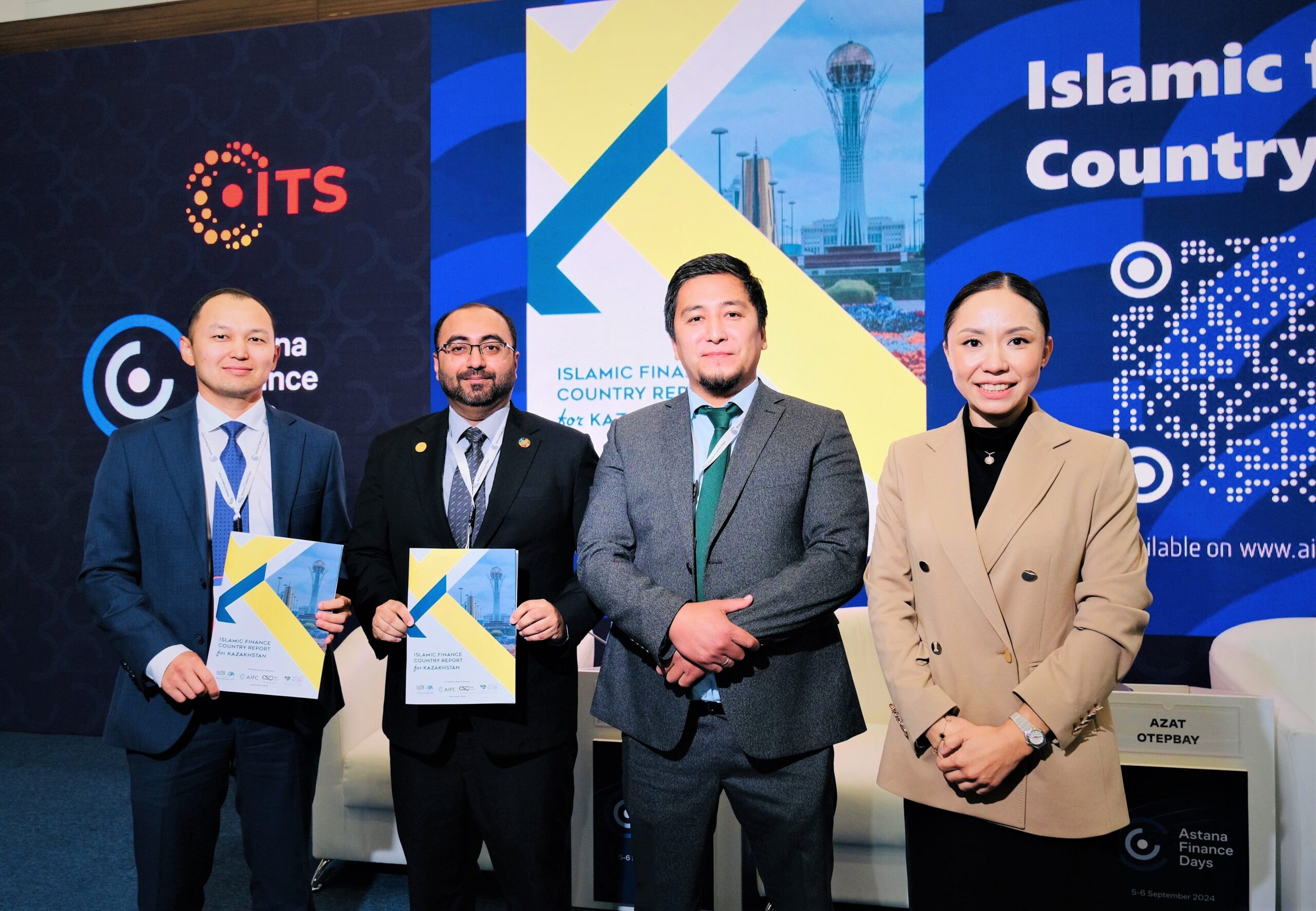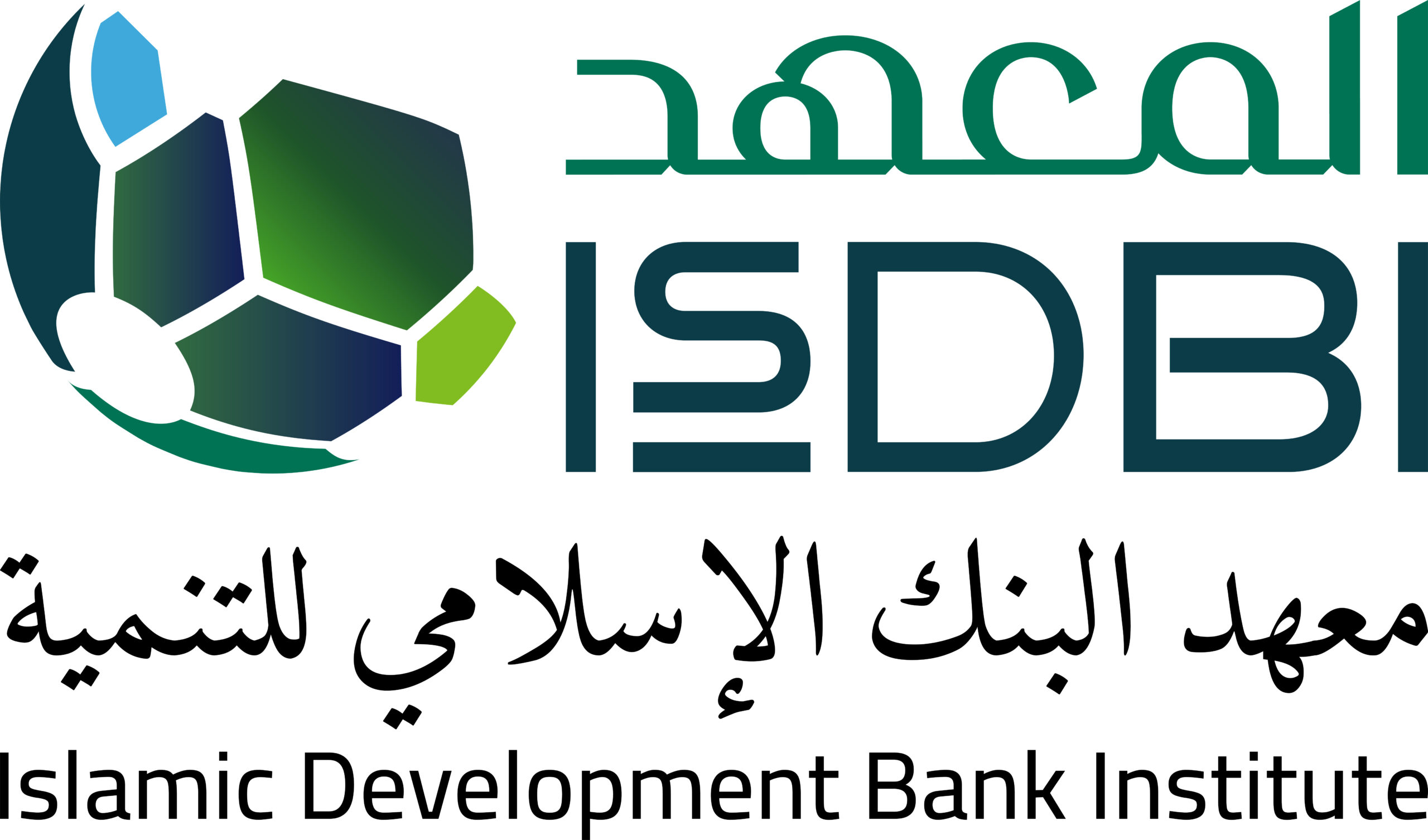
BIBF and IsDBI Deliver Training on Risk Management and Stress Testing for Islamic Financial Institutions
The Bahrain Institute of Banking and Finance (BIBF) and the Islamic Development Bank Institute (IsDBI) concluded a two-day virtual training program on “Risk Management and Stress Testing for Islamic Financial Institutions” from 3-4 July 2024.
The program, attended by a diverse group of stakeholders including regulators and senior executives from Islamic financial institutions, aimed to enhance the participants’ understanding of the latest developments and best practices in risk management and stress testing for the Islamic finance industry.
The training covered a wide range of topics, including:
- Fundamentals of risk management in Islamic finance
- Regulatory requirements and guidelines for risk management
- Developing robust stress testing frameworks for Islamic banks
- Integrating Shariah principles into risk management practices
- Liquidity risk management and capital adequacy
- Emerging risks and their implications for Islamic financial institutions in light of relevant standards issued by Islamic Financial Services Board (IFSB)
“We are delighted to have collaborated with the Islamic Development Bank Institute to deliver this timely and valuable training program,” said Dr. Ahmed Al Shaikh, Chief Executive Officer at BIBF. “The program was designed to equip participants with the knowledge and tools needed to effectively manage risks and ensure the resilience of their Islamic financial institutions.”
Dr. Sami Al-Suwailem, Acting Director General of the IsDBI, said, “This joint initiative reflects our commitment to supporting the development of the Islamic finance industry by providing high-quality, industry-relevant training programs. The active participation and engagement of the attendees were key to the success of this program, and we are encouraged by the positive feedback received.”
The training program, facilitated by Dr. Abozer Mohamed, a Senior Islamic Finance Specialist at IsDBI, was conducted in a highly interactive format, encompassing case studies presentations, group discussions, and giving opportunities for the participants to share their experiences and best practices. The virtual format enabled participants from across the Middle East and beyond to attend the program, further enhancing the diversity of perspectives and insights shared during the sessions.






انشر تعليق